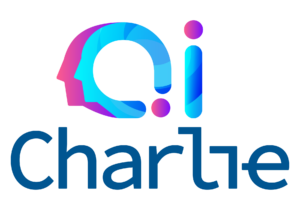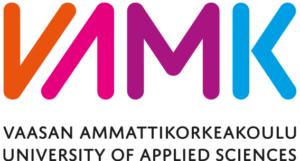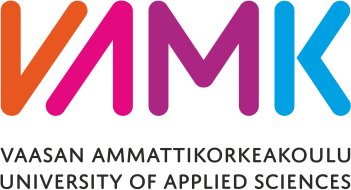Explore the role of ethics in artificial intelligence with this comprehensive educational program. As AI technologies increasingly influence sectors like healthcare, education, finance, and government, understanding ethical considerations and algorithmic biases is essential for both professionals and students. This course delves into how algorithms shape our lives and decision-making processes, emphasizing the need for awareness and critical evaluation. Equip yourself with critical skills to navigate and shape the future of AI, ensuring ethical deployment and creating a more equitable digital world. The project’s website
Benefits
- Understand Ethical AI: Grasp the ethical dimensions of AI, including privacy, fairness, and transparency.
- Algorithmic Bias Awareness: Learn to identify and mitigate biases in algorithms, enhancing your ability to address these challenges in real-world scenarios.
- Practical Applications: Apply theoretical knowledge to practical scenarios, gaining hands-on experience in managing ethical dilemmas in AI deployment.
To you who
- This course is designed for anyone looking to expand the understanding of Ethical AI. Whether you’re aiming to become a more informed AI consumer or looking to explore the ethical dimensions in AI development, this study unit is for you. Gain insights into how ethical considerations must be integrated into the creation and use of AI technologies.
Content
- The program comprises five modules, each featuring an e-learning study unit along with a brief case study. Interactive sessions led by instructors are scheduled at key intervals: before the release of e-learning content, after completing units 1 and 2, after units 3 and 4, and following unit 5. The final interactive session focuses on a practical project.
- Module 1 – AI Ethics, a Practical Approach
- Module 2 – AI Privacy and Convenience
- Module 3 – Algorithms Models and Limitations
- Module 4 – Data Fairness and Bias in AI
- Module 5 – Case Studies and Project
After completion of this course you will be able to:
- Identify Ethical Issues: Recognize potential ethical concerns that may arise in the development and deployment of AI technologies.
- Assess Algorithmic Bias: Analyze AI systems for biases and understand their implications on fairness and discrimination.
- Implement Ethical Practices: Apply ethical principles and frameworks to ensure AI solutions are developed responsibly.
- Mitigate Risks: Develop strategies to mitigate risks related to privacy, transparency, and fairness in AI applications.
- Make Informed Decisions: Make informed decisions as both consumers and developers of AI technologies, promoting ethical AI in various sectors.
Mode of Teaching and Methods
- Live online lectures
- Recorded online lectures
- Self-study learning material
- Self-paced assignments
- Teamwork during exercises
- Self-paced exercises
- Teamwork on exercises
- Online discussions on the topic
- Group projects
Study Material
- Online materials (articles, works)
- Interactive (simulations, games)
Bibliography or web links to use
- e-Learning studies and interactive flipbooks with more detailed information. Teacher led sessions with PPT presentations
Assessment
- Pass/Fail
- Formative assessment exercises after each module completed. Multiple-choice question quizzes 10 questions / module, minimum 60% success rate Serious game / Virtual roulette after all modules with 4 + 1 questions from each module Case studies completed during the interactive sessions
Schedule and Location
- Study start 1.10.2024
- 4 virtual teacher led sessions, which are obligatory for students to join:
- 1.10 16-17:30 Study start / instructions
- 22.10 16-18:30 Module 1 & 2 recap + case study as a group work (Module 1 & 2 elearnings should be completed prior to this session and formative assesments returned)
- 14.11 16-18:30 Module 3 & 4 recap + case study as a group work (Module 3 & 4 elearnings should be completed prior to this session and formative assesments returned)
- 26.11 16-18:30 Module 5 recap + project study as a group work (Module 5 e-learning should be completed prior to this session) and formative assessments returned
- 3.12.2024 16-18 Group work presentations (project work)
- In case of pending assignments, all to be returned latest by the 31.12.2024
More information about the course
If you have any questions about student IDs, fees, or cancellation terms, please contact avoin@vamk.fi
We reserve the right to make changes.
Algorithmic Foundations and Ethics in AI: From Theory to Practice
0,00 €
| 3 op |
Partners:
The CHARLIE project is funded by the Erasmus+ programme, through the Servicio Español para la Internacionalización de la Educación (SEPIE) and it is coordinated by UNIVERSITAT DE LES ILLES BALEARS (Spain) with the participation of ISQ e-learning (Portugal), Innovation Training Center (Spain), HELIXCONNECT EUROPE (Romania), AARHUS UNIVERSITET (Denmark) and OY VAASAN AMMATTIKORKEAKOULU -VASAYRKESHOGSKOLA AB (Finland).

Sponsor:
Funded by the European Union.



